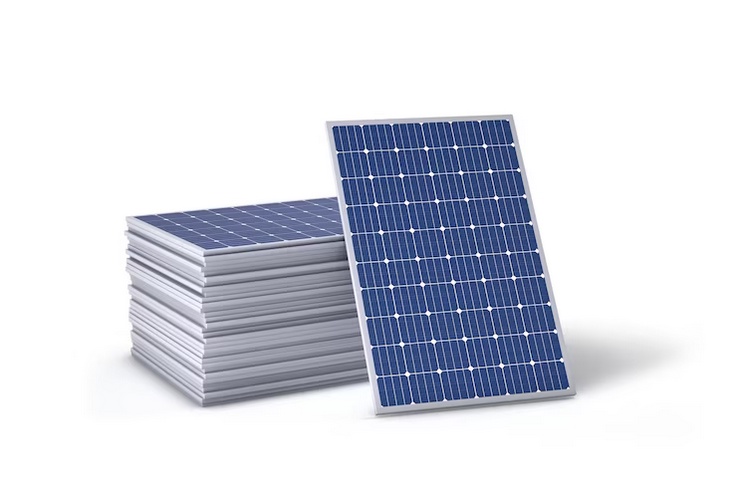Introduction:
As the world transitions towards a more sustainable future, renewable energy sources like solar power are gaining prominence. Solar panels have become a common sight on rooftops and in solar farms, harnessing the sun's energy to generate electricity. However, as these panels reach the end of their lifespan, proper disposal and recycling become crucial to prevent environmental harm. This article explores the importance of recycle solar panels and how it can give them a second life.
I. The Growing Need for Solar Panel Recycling:
With the increasing adoption of solar energy, the number of decommissioned solar panels is expected to rise significantly. These panels contain valuable materials, but they also contain hazardous substances that can harm the environment if not handled properly. Recycling presents an opportunity to recover valuable resources, reduce waste, and minimize the environmental impact of solar panel disposal.
II. The Complexity of Solar Panel Recycling:
Solar panels are composed of several materials, including glass, metals, and semiconductors, making their recycling a complex process. The challenge lies in efficiently separating these materials and recovering them for reuse. Technological advancements are necessary to develop effective recycling methods that can handle the intricate composition of solar panels.
III. Benefits of Solar Panel Recycling:
a. Environmental Benefits: Recycling solar panels helps prevent their accumulation in landfills, reducing the potential for pollution. It also minimizes the need for raw materials, conserving natural resources, and reducing the environmental impact of mining and manufacturing processes.
b. Resource Recovery: Recycling allows for the recovery of valuable materials such as silicon, silver, and aluminum, which can be reused in the production of new solar panels. This reduces the reliance on primary raw materials and lowers the manufacturing costs for solar panel manufacturers.
c. Energy Savings: The recycling process requires less energy compared to the production of new panels. By recycling solar panels, we conserve energy and further reduce the carbon footprint associated with their manufacture.
IV. Technological Advancements in Solar Panel Recycling:
Researchers and innovators are actively working on developing advanced recycling technologies for solar panels. These include improved methods for sorting and separating materials, such as robotic systems and spectroscopic analysis, to enhance the efficiency of material recovery. Furthermore, research is focused on developing environmentally friendly solvents and chemical processes that can make the recycling process more sustainable.
V. Regulatory Framework and Policy Support:
To encourage and facilitate solar panel recycling, governments and regulatory bodies play a crucial role. By establishing clear regulations and guidelines, they can ensure the proper handling and disposal of solar panels. Extended producer responsibility (EPR) programs can also be implemented, holding manufacturers accountable for the end-of-life management of their products. Additionally, incentives and subsidies can be provided to promote the growth of the solar recycling industry and stimulate innovation in recycling technologies.
VI. Economic Opportunities:
Solar panel recycling can generate economic opportunities by creating jobs in collection, transportation, sorting, and processing of panels. It can also lead to the development of new industries focused on recycling and reusing valuable materials. The economic benefits associated with solar panel recycling make it an attractive sector for investment and can contribute to the growth of a green economy.
Conclusion:
The importance of solar panel recycling cannot be overstated. It presents a sustainable solution for managing end-of-life solar panels, reducing waste, and conserving valuable resources. By investing in technological advancements, implementing supportive policies and regulations, and capitalizing on economic opportunities, we can ensure that solar panels have a second life through recycling. Embracing the recycling of solar panels is a crucial step towards achieving a more sustainable and circular economy.


No comments yet